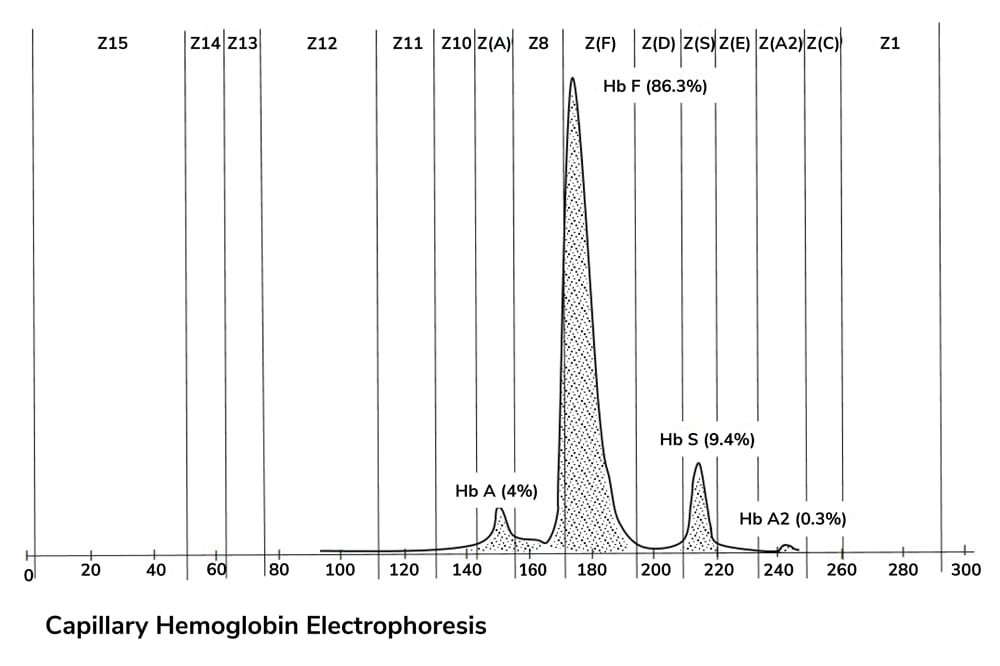Prostate cancer patients whose tumor is composed entirely of Gleason pattern 3 are considered to be low-risk and are often faced with a treatment conundrum. They can either select active surveillance of the tumor or proceed with surgery or radiation therapy. Results from needle biopsy specimens often don’t make this decision any easier; because they only sample a small portion of the tumor, they don’t reveal the full picture. To improve this diagnostic accuracy, researchers at the Center for Individualized Medicine’s Biomarker Discovery Program used a next-generation sequencing (NGS) approach to identify molecular markers associated with higher disease progression risk. These insights will shed new light for patients who have to make the important decision: treatment or surveillance?
The introduction of serum prostate-specific antigen screening resulted in the detection of many cancers that were treated but were clinically insignificant. This overtreatment is one issue that we hope to address with the new molecular markers. Low-risk patients without the genetic alterations have a lower chance of disease progression and may wish to choose active surveillance instead of treatment. On the other hand, those possessing the genetic alterations may harbor a higher-grade cancer with a greater risk of disease progression, so treatment might be their best option. This knowledge won’t only be beneficial for patients, though – the cost of treatment is high and a better understanding of those patients that will benefit from active surveillance rather than treatment will save billions of dollars every year.
One of the biggest challenges we faced when identifying the biomarkers was the lack of frozen tissue samples from patients with low-risk cancer. Obtaining these samples was crucial because we needed to sequence tumor cells from patients in both risk categories. Because we carry out close to 1,000 surgeries each year, we were able to locate around 50 frozen tissue sections from low-risk patients, to which we applied a specialized protocol to amplify the DNA and RNA from just a few cancer cells. We carried out mate-pair sequencing on these frozen sections and found five genes that are more frequently altered in Gleason patterns 3 from Gleason score 7 than in Gleason patterns 3 from Gleason score 6.
We have now converted this genetic information into a fluorescence in situ hybridization test available to patients at Mayo. This test is applied to patients that have only Gleason pattern 3 on their biopsy, and it predicts the likelihood that their prostate gland contains a higher-grade tumor that may need treatment. We are currently working to validate further biomarkers that will enhance the test’s predictive power. Our ultimate goal is to provide as much information to the patient as possible, so that they can make an informed decision about the management of their cancer.

References
- G Vasmatzis et al., “Large chromosomal rearrangements yield biomarkers to distinguish low-risk from intermediate- and high-risk prostate cancer”, Mayo Clin Proc, 94, 27–36 (2019). PMID: 30611450.




